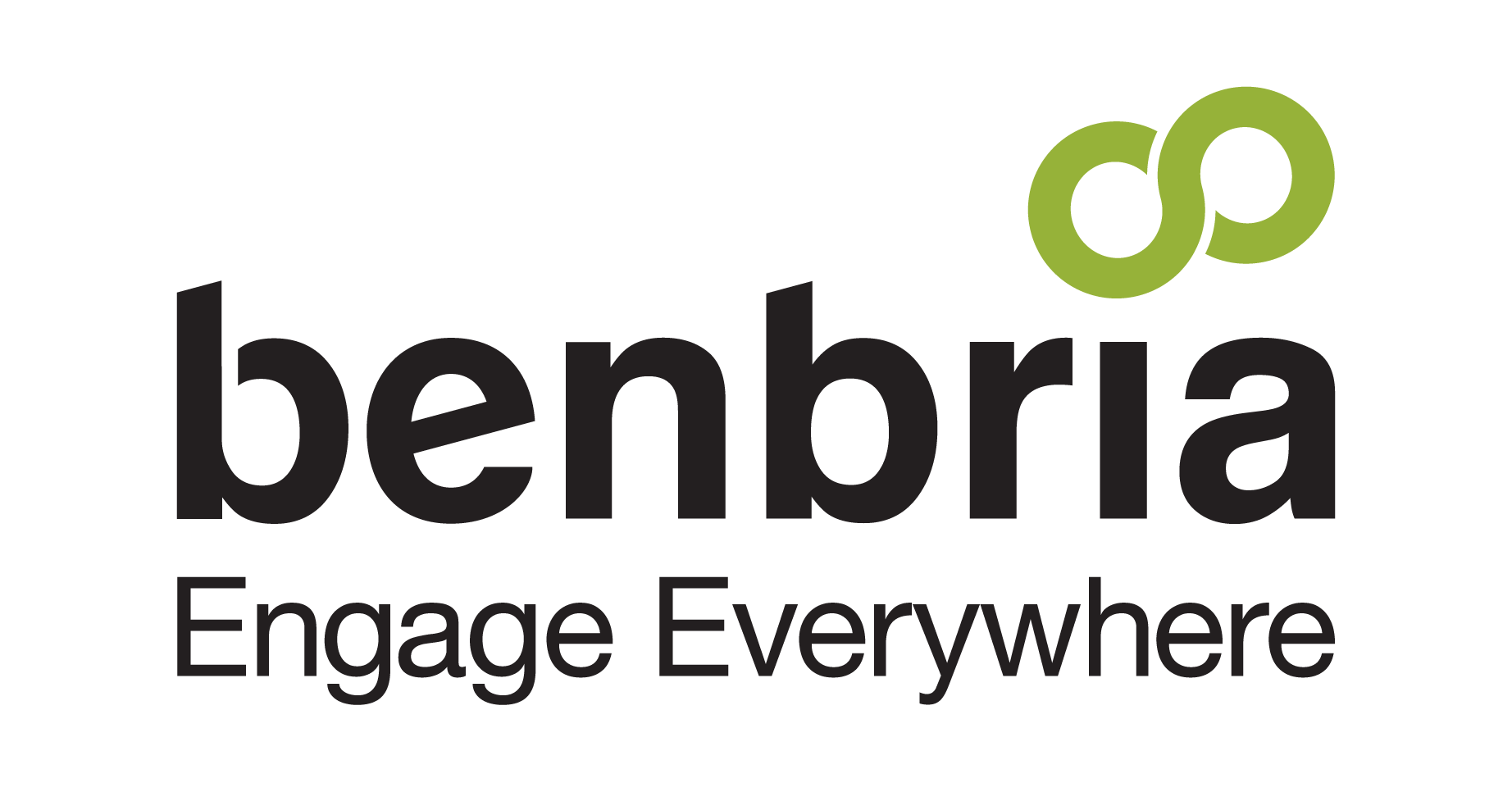Reputation management can be a problem area for many businesses. The internet has made it easy for guests to broadcast their satisfaction (or, in many cases, their displeasure) with a brand to others all over the world. In the space of a few minutes, a public excoriation can be seen by thousands of users on social media and trip review websites, and besides offering an apology and a solution, there is very little businesses can do to control how prospective clients will view their brand in such a scenario.
But there is an upside. Barclays, the multinational banking company based in the U.K., conducted a survey on the feedback economy to determine to what extent businesses can benefit from comments customers publish online — and their results may surprise you. We pulled seven stats from the report and outline what they mean for hoteliers and restaurateurs.
The Statistics
- Positive action on customer feedback offers a potential boost of £3.2 billion (USD $4.7 billion) to the U.K. economy over the next decade.
What it means: A study from Convince and Convert showed that 83 percent of customers like it when a brand responds to their complaints online. This makes sense — nobody likes to be ignored. But the same study also found that 80 percent of brands don’t bother replying. With so many brands refusing to take advantage of the role they play in the feedback economy, it’s little wonder there is so much potential for growth.
- Independent businesses may have more to gain from customer feedback than do the larger, more established brands.
What it means: Where in years past smaller companies struggled to compete against the marketing power of larger brands, the feedback economy gives them greater opportunity to make their name stand out in the crowd. Guests who have a positive experience — or receive a quick turnaround on a negative experience — can use the power of social media to spread the word about their favourite brands. And online reviews, unlike traditional marketing, are free.
- Sixty (60) percent of customers trust online reviews. Meanwhile, 29 percent of people aged 24-35 seek out good reviews before they make a decision.
- Fifty-six (56) percent of consumers choose hotels and 54 percent choose restaurants based on positive reviews.
What it means: While traditional marketing still has a role in attracting new guests, Harvard Business Review points out it holds less weight than it did in years past — especially in the hospitality and restaurant industries, which are largely experiential in nature. As a general rule, the public is more likely to make a decision based on a peer’s review of a business than on an advertisement alone. That by itself is significant, but when you also factor in that young people look specifically for positive reviews before they buy, it’s an even greater incentive to ensure your guests have a favourable view of your business.
- Less than half of businesses — a mere 47 percent — plan to improve their ability to monitor and respond to feedback over the coming years. More than a quarter (27 percent) have no plans to make changes at all.
What it means: This represents an opportunity for businesses that do dedicate resources to monitoring and responding to feedback to gain an advantage over the competition. As these statistics have made abundantly clear, the role of online reviews are more important than ever in the rapidly-changing hotel and restaurant industries.
- The number one benefit to monitoring social media isn’t better reputation management (65 percent) — it’s an increase in new customers (67 percent).
What it means: According to Forbes Magazine attracting new customers costs five times more than keeping existing ones — but social media offers the opportunity to lower that figure a little bit. When brands handle comments and complaints out in the open, potential guests can see how they treat their existing clientele. If they’re impressed by what they see, they’ll be more likely to remember those brands when they’re looking for a place to eat or sleep.
- Fifty-four (54) percent of customers trust other customers’ feedback if it’s mixed rather than only positive or negative.
What it means: Don’t let mixed reviews keep you up at night, because they won’t always work against you. On the contrary, they’re often likely work in your favour. Why? Because nothing is perfect, and mixed reviews appear more honest and reflective of reality.
How to Encourage and Manage Feedback
The best way to make sure your guests leave positive feedback is to implement a mobile guest engagement solution on your property. Mobile is ubiquitous, and increasingly, people expect to be able to use their devices for everything from communication to booking a hotel room.
Mobile guest engagement means guests have the option of telling you their thoughts before they even leave the property. Better yet, guests that have a good experience, or receive a quick turnaround on an issue they’re having while they’re still on site, are more likely to leave a positive review online.




